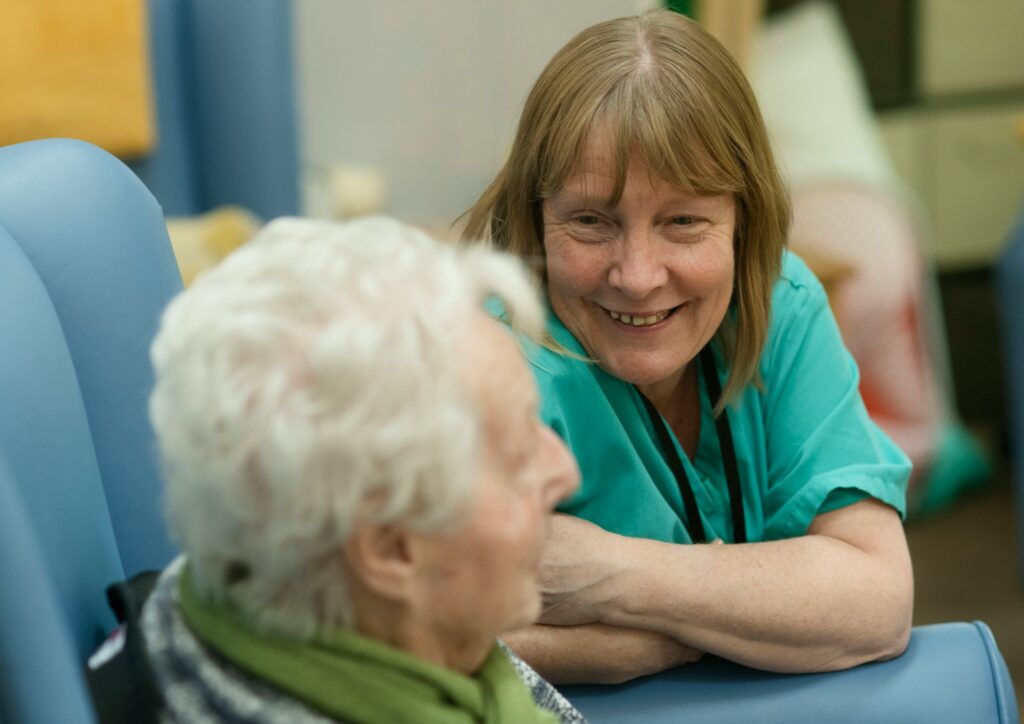Researchers have developed an app to help ex-service personnel reduce their alcohol consumption.
The app was developed by researchers at King’s Centre for Military Health Research at King’s College London in collaboration with the University of Liverpool and veterans’ charity Combat Stress. And will allow ex-service personnel who drink to harmful levels to monitor and manage their own levels of alcohol consumption.
A spokesman for Univesity of Liverpool said the app uses military terminology, language and content to offer feedback and generate tailored text messaging. As well as a novel personalisation framework which focuses on short-term consequences, such as impact on fitness, mood, relationships and finances, to adapt to users’ needs and help motivate them to reduce their alcohol consumption.
The Forces in Mind Trust (FiMT) has awarded researchers £310,000 to trial the app with a group of 600 ex-service personnel. Using data from the app, the research team will assess the app’s effectiveness in reducing alcohol consumption and the impact on participants’ quality of life, a spokesman for University of Liverpool said.
This comes after research by veterans’ mental health charity, Combat Stress, found that ex-service personnel with alcohol addiction are putting off seeking help until they are in their 60s and, as a result, are often admitted to hospital for longer periods of time compared to non-veterans.
Combat Stress’ chief executive Sue Freeth said:
‘As many as 43% of veterans registered with Combat Stress have a current problem with alcohol misuse.
‘From the conversations we have had with veterans being supported by Combat Stress, we’re all too aware that many of the veterans use alcohol or drugs to help them to manage their trauma and emotional health.
‘This study shows that more support is needed to increase awareness among veterans of the dangers of drinking harmful levels of alcohol, to help them recognise they need help, and to assist them in engaging with specialist services sooner to access effective treatments so they can make a lasting recovery.’
Ray Lock, chief executive, FiMT, said the app has the potential to effect real change in the armed forces community. He said:
‘Previous research has shown that more than 50% of ex-Service personnel meet the criteria for hazardous alcohol use and, while there is a range of treatment pathways available for alcohol misuse, not all ex-Service personnel are able, or want, to access support services.
‘Digital interventions such as this can provide a novel alternative to conventional help-seeking and have been shown to be as effective as face-to-interventions at a lower cost to society.
‘The app has the potential to catalyse real change and this RCT will help us to understand whether it can be used as an effective treatment tool in lowering harmful alcohol use in the armed forces community.’
Dr Daniel Leightley, project lead, King’s Centre for Military Health Research, King’s College London, said the research team will also conduct a literature review to evaluate the benefits of using digital technology in the management and treatment of alcohol misuse. He said:
‘We are delighted to be working with Forces in Mind Trust and Combat Stress to trial our app with ex-Service personnel.
‘Our study not only aims to understand if our app is helpful in reducing the amount ex-Service personnel drink, but also aims to improve understanding on how digital technology can be used to support service charities and the armed forces community.’
Photo Credit – Pixabay

















Leave a Reply